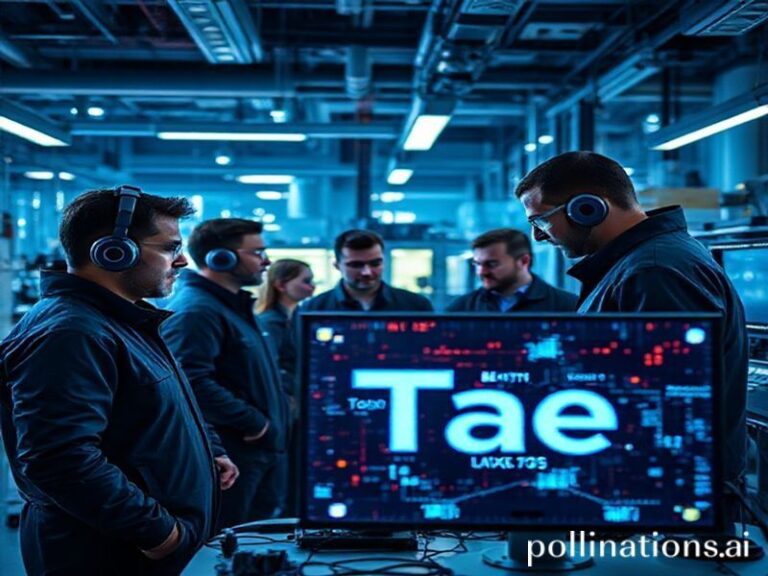Wissa Injury Goes Global: How One Hamstring Rippled from Cairo to Qatar and Every Betting Slip in Between
WISSA INJURY: WHEN THE WORLD CUP MET THE WORLD’S MOST RELIABLE ACHILLES TENDON
By the time the third orthopedic surgeon in three countries had tapped the same spot on Mohamed Wissa’s left hamstring, the injury had already become an international incident. Egyptian striker, Italian MRI machine, Qatari hospital, French rehab guru, and a global audience of 1.2 billion people—all conspiring to turn a pulled muscle into a geopolitical Rorschach test. If you squinted hard enough, you could see the entire 21st century limping in that ultrasound.
Wissa’s hamstring tear—technically a Grade II lesion of the biceps femoris, if you enjoy dinner-party trivia nobody asked for—was announced at 14:37 GMT, right between a UN Security Council vote on grain corridors and Elon Musk tweeting about lettuce. Within minutes, #WissaInjury out-trended both, proving once again that the attention economy prefers ligaments to logistics. Bookmakers in London shortened Egypt’s odds of advancing from “plucky underdog” to “might as well bring a deck chair.” Meanwhile, Cairo taxi drivers debated whether the Pharaohs could still win it all if Wissa’s muscle magically reattached itself like a Marvel post-credit scene.
From a purely medical standpoint, the story is brutally simple: a 26-year-old human asked his upper leg to sprint faster than evolution intended, and the upper leg filed a complaint. But nothing is simple when you wear the national jersey in a sport that employs more economists than defenders. The Egyptian Football Association immediately dispatched a delegation—rumored to include one former striker, one holy man, and a guy who once fixed the fax machine at FIFA HQ—to Doha, armed with ice packs and what looked suspiciously like an attache case of bribe money. Al Jazeera cut to live footage of the airport arrival like it was the G7.
In Europe, the injury triggered a secondary tremor in the transfer market. West Ham’s analytics department, who track hamstring elasticity the way hedge funds track soybean futures, downgraded their January bid by €3 million. A Serie A club leaked that they were pivoting to a Brazilian teenager whose tendons are still under factory warranty. Somewhere in Switzerland, a FIFA bureaucrat quietly updated actuarial tables that translate torn muscle fibers into lost television rights.
Asia looked on with the weary solidarity of people who’ve seen this movie, subtitles and all. Japanese fans sent origami cranes—because if paper birds can’t heal a hamstring, at least they photograph well for Instagram. South Korean broadcasters reran slow-motion replays set to K-pop ballads, proving conclusively that emotional damage is region-free. Chinese social media, meanwhile, filled with memes depicting Wissa’s MRI as a broken supply chain, a joke so niche it required dual degrees in sports medicine and macroeconomics to appreciate.
The broader significance? It’s a tidy parable about globalization’s fragile hamstrings. We ship talent, money, and hope across borders at fiber-optic speed, yet a few micro-tears in a single strand of collagen can derail national morale faster than a coup. Entire economies of prayer, punditry, and speculative betting orbit a muscle barely thicker than an iPhone. When Wissa finally took to social media—thumbs-up emoji, Quranic verse, and a sponsored energy-drink logo—engagement analytics showed peaks in Lagos, Lyon, and Los Banos, California, all synchronized like the world’s most depressing symphony.
Rehab starts tomorrow. The French physio promises a return in “three to four weeks, assuming the patient avoids existential dread.” Egyptian fans have already begun lighting candles that smell faintly of eucalyptus and desperation. And somewhere in a Doha clinic, a young millionaire lies on a treatment table, his hamstring wrapped tighter than a diplomatic cable, embodying the twenty-first-century truth that we are all, in the end, beholden to soft tissue.
May his muscle fibers knit faster than international relations fall apart. The odds, bookmakers tell me, are about even.







